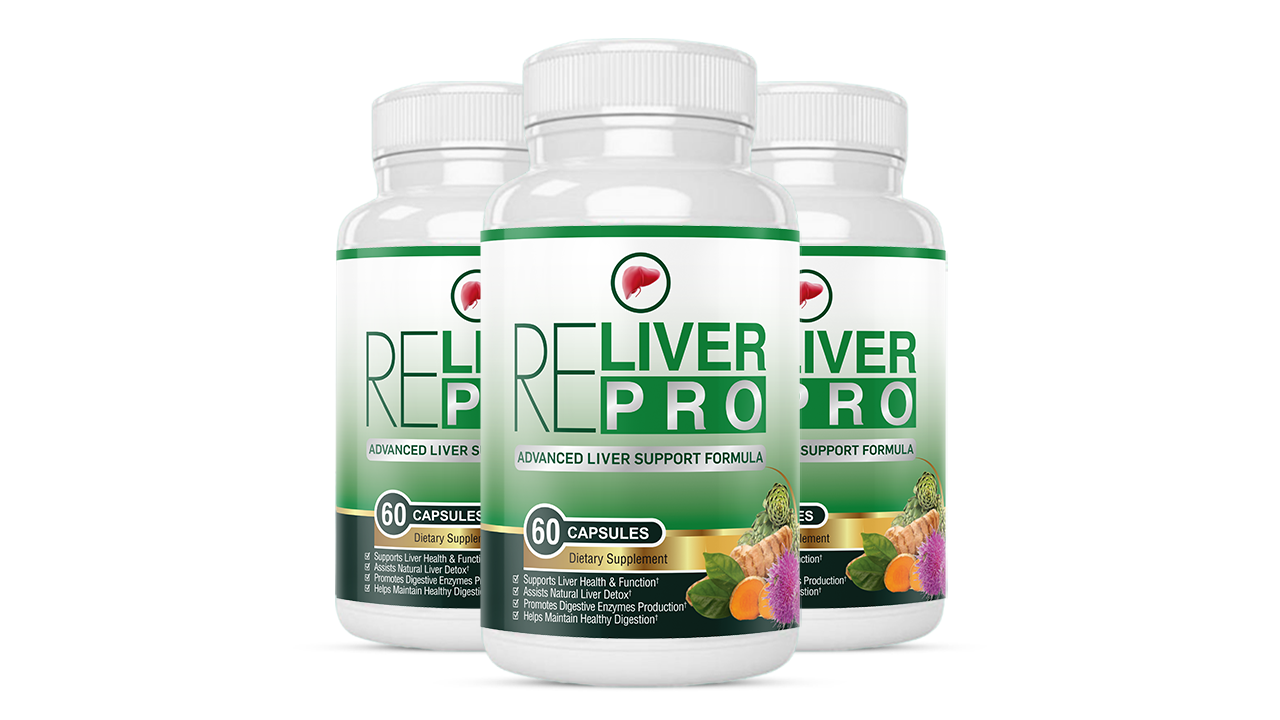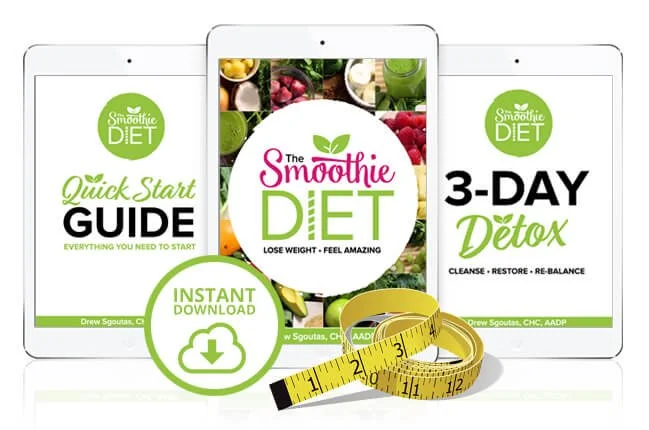The Ultimate Guide to Tackling Menopausal Belly Bloat
Ah, menopause. A time of wisdom, growth, and yes—surprise belly bloat that leaves you wondering if your pants shrank in the wash. Don’t worry, you’re not alone, and more importantly, you can do something about it. Let’s dive into the causes, remedies, and everything you need to know to go from bloated to fabulous.
What’s Causing This Belly Bloat?
During menopause, estrogen levels drop while cortisol (stress hormone) loves to take center stage. This combination can cause your body to store more fat around the midsection and mess with digestion, leading to bloating.Ah, hormones—the drama queens of the biological world. They rule over your body like divas on a reality TV show, deciding when to throw a tantrum, when to chill, and when to cause a scene (cue: belly bloat). During menopause, these hormonal divas go through their midlife crisis, and that’s where the real fun begins. Grab a snack (a bloat-free one, of course), and let me break it down for you.
Act 1: The Estrogen Drop-Off
Estrogen is like the leading actor of your hormones—powerful, commanding, and in charge. It plays a major role in regulating your reproductive system, metabolism, and even fat distribution. But during menopause, estrogen decides to take early retirement. When it packs its bags, a few things happen:
Belly Fat Relocation Program: Estrogen used to keep fat happily parked in places like your hips and thighs. But with less estrogen, fat gets redistributed to your belly. It's like your body thinks your midsection is the new prime real estate.
Digestive Drama: Low estrogen can slow down digestion, leading to gas, bloating, and that uncomfortable puffiness that makes you unbutton your pants after a meal.
Act 2: Progesterone’s Disappearing Act
Progesterone, estrogen’s calming best friend, also exits stage left during menopause. Progesterone keeps bloating in check by promoting smooth digestion and preventing water retention. Without it, your body’s bloating tendencies go unchecked. It’s like when the level-headed friend leaves the party and things get a little wild.
Waterworks Overload: Without progesterone, your body starts holding onto water like it’s prepping for a drought. Hello, puffiness and swollen ankles!
Act 3: The Cortisol Takeover
Enter cortisol, the stress hormone, ready to steal the spotlight. During menopause, your body gets extra sensitive to stress, and cortisol levels can skyrocket. This not only tells your body to store fat in the belly area (thanks, cortisol!), but it can also disrupt your gut microbiome, leading to bloating. It's the biological equivalent of your inner peace being hijacked by a very loud group of unruly toddlers.
The Belly Bloat Connection
Now, mix all these hormonal changes together, and you’ve got the perfect storm for belly bloat. Here’s the chain reaction:
Slower digestion: Less estrogen and progesterone = slower gut motility. Your food hangs out longer in your digestive tract, fermenting and causing gas.
Water retention: Without progesterone to regulate it, your body retains water like an overzealous sponge.
Cortisol chaos: Stress leads to gut inflammation and an imbalance in your gut bacteria, making bloating worse.
The Silver Lining: You’re the Boss! In short, your hormones might be having a midlife meltdown, but you’ve got the tools to manage the chaos. Think of it as learning to wrangle a group of dramatic stars—you can’t stop the drama entirely, but you can direct it to work in your favor. Bloat? Bring it on. You’ve got this!
Say Goodbye to Belly Bloat: Remedies That Work (and Won’t Drive You Bonkers)
Let’s be real: menopausal belly bloat is like that one houseguest who shows up uninvited, makes a mess, and refuses to leave. But here’s the good news—there’s a way to send it packing, and it doesn’t involve starvation diets or sacrificing your favorite yoga pants. Let’s dive into the ultimate bloating survival guide, filled with remedies that work, delivered with humor, science, and a healthy dose of encouragement. Just so you know, SLEEP, is your best friend.
1. Probiotics: Your Gut’s BFF
Feed Your Gut Stars: Probiotics (think yogurt, kimchi, or supplements) can help balance your gut bacteria, reducing bloat. Fiber-rich foods keep things moving but introduce them slowly to avoid “over-enthusiastic” gas production.If your belly feels like it’s hosting a surprise pool party, probiotics are the lifeguard. These tiny superheroes balance gut bacteria, reducing gas and bloating. Best Strains for Bloating: Look for Lactobacillus acidophilus and Bifidobacterium lactis. They’ve been shown to reduce bloating and improve digestion.
How to Get Them:
Supplements: Choose a high-quality probiotic with multiple strains and at least 10 billion CFUs (colony-forming units).
Foods: Yogurt (with live cultures), sauerkraut, kimchi, and miso are all great options.
Pro Tip: If you’re new to probiotics, start slow. Otherwise, your belly may rebel with extra gas before it gets better.
2. Hydration: Stop Retaining That Water Weight
Hydrate Like a Diva: Staying hydrated helps flush out excess water and keeps digestion humming along.It may seem counterintuitive, but drinking more water helps flush out excess sodium and reduces bloating.
Go Beyond Plain Water: Add lemon for a natural diuretic effect.
Infuse with cucumber or mint for a spa-worthy detox.
Sip on herbal teas like peppermint or ginger—they’re natural de-bloaters.
Avoid: Sugary sodas and fizzy drinks. Sure, they’re bubbly—but so will your belly be after drinking them.
3. Eat Like a Bloat-Free Queen
Your kitchen is a treasure trove of anti-bloat magic. Here’s the blueprint:
Foods to Love: Asparagus: Nature’s diuretic, helping you pee out excess water.
Bananas: Packed with potassium, they counteract bloating caused by sodium.
Papaya: Contains papain, an enzyme that aids digestion.
Fennel: Chew the seeds or brew tea—it’s a bloat-buster.
Leafy Greens: High in magnesium, they help reduce water retention.
Foods to Avoid:Cruciferous veggies (broccoli, cauliflower) can lead to gas.
Beans and legumes without proper soaking = belly party you didn’t sign up for.
Salty snacks. Sodium is the enemy!
4. Exercise: The Ultimate Belly Tamers
Move That Body: Gentle exercise like walking, yoga, or Pilates can reduce stress and keep your digestion on track. Plus, it helps with that cortisol-driven fat storage.Get moving—your bloated belly needs circulation, not stagnation.Gentle Belly-Focused Moves:
Yoga: Poses like Child’s Pose, Cat-Cow, and Reclining Twist massage your internal organs and reduce gas.
Walking: A simple 20-minute stroll aids digestion and reduces bloating.
Strength Training: Building muscle boosts metabolism, helping your body process foods more efficiently. Bonus: it tones that midsection.
5. Manage Stress: Cortisol Is a Belly Bully
Stress Less: Meditation, deep breathing, or even a good laugh (cue a funny movie or hanging with friends) can help lower cortisol levels.Stress doesn’t just mess with your mind—it messes with your belly, too. Elevated cortisol levels cause fat storage in your midsection and slow digestion.
Stress Busters: Meditate for 10 minutes a day (yes, you can!).
Try deep belly breathing exercises.
Take a “me moment” with a warm bath and Epsom salts (magnesium helps ease bloat).
6. Supplements and Natural Remedies
When food and exercise aren’t enough, supplements can step in to save the day. Digestive Enzymes: Take them before meals to help break down food.
Magnesium Citrate: Eases constipation and water retention.
Activated Charcoal: Reduces gas (but consult your doctor before use).
Apple Cider Vinegar (ACV): Mix a tablespoon in water before meals to improve digestion.
7. Sleep: The Unsung Hero of Bloat Relief
When you skimp on sleep, your body retains more water and craves salty snacks. Aim for 7–8 hours of quality shut-eye every night.
8. Dress for Success
Okay, this one’s not technically a remedy, but if you’re feeling bloated, why not make your wardrobe work for you?
Go for high-waisted leggings or flowy dresses.
Avoid anything tight around the waist—it’s a recipe for discomfort.
9. Bloat-Free Beverages
Sip your way to a flatter belly with these natural remedies:
Ginger Tea: A classic for reducing inflammation and calming the stomach.
Dandelion Tea: Acts as a diuretic, flushing out excess water.
Water with a Pinch of Baking Soda: Neutralizes stomach acid for quick relief.
The Bottom Line
Bloating during menopause isn’t permanent or inevitable—it’s just a sign your body needs a little extra TLC. Start small: add a probiotic, take a 20-minute walk, or swap your fizzy soda for herbal tea. Most importantly, remember that your worth isn’t tied to your waistline. Feeling lighter starts with taking the first step (and maybe cutting back on that third helping of chips and salsa). You’ve got this!
Purchases made from the links on this site may result in a commission.





